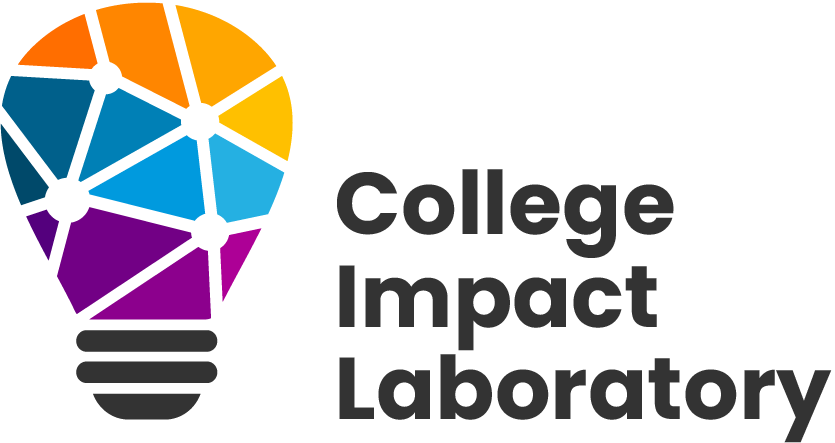Research Approaches: Collegiality, Expansion, Equity, and Innovation
CoIL’s philosophy for conducting research involves adopting a collegial, interdisciplinary approach for constructing and disseminating knowledge generated from research activities. Working in partnership with a variety of stakeholders (ranging from higher education scholars and practitioners to those outside of the discipline, namely assessment experts, alcohol prevention specialists, and moral educators) provides examples of how research is applied in practice, a distinctive epistemology embraced by educational researchers. This philosophy underscores the scholarly activities pursuant to any effective lines of inquiry relating to college and its effects students.

Expanding on a rich tradition of higher education scholarship, the research represented by CoIL addresses the impact of college on students. Specifically, CoIL’s interests are to examine how institutional conditions, campus climates, educational (i.e., curricular and co-curricular) practices, and student experiences influence a variety of learning and democratic outcomes, including those related but not limited to moral reasoning, spirituality, and social justice. This approach to scholarship aligns with that adopted by many prolific, high-impact researchers in the field of higher education. Rather than focus lines of inquiry on a particular outcome of interest, college impact scholars approach the study of college as a process, understanding how college, as a set of conditions, practices, and experiences, impacts students. Understanding the collegiate experience as a process is the glue that brings CoIL’s work together thematically.
In terms of equity, CoIL’s research agenda seeks to answer questions critically, often in efforts to address hegemonic conditions and practices (including research practices) as they continue to marginalize, silence, and harm many still oppressed in our society. To this end, members of the laboratory are committed to challenging their own epistemologies and their expression in the research questions asked and the designs and analytical strategies used. Extending these ideas, CoIL members also adopt equity-minded approaches to solution building when research findings introduce and sometimes reinforce inequities among and between people from varying backgrounds. Only through routinely visiting their own biases can CoIL members hope to shape the college impact narrative in ways that improve higher education for everyone.
In tandem with these interests, CoIL reflects a commitment to using and sometimes introducing innovative methods (e.g., propensity score analysis) for answering questions related to college impact, as often this area of research presents methodological challenges for higher education researchers due to a collective commitment to study students in their natural, albeit nonrandom, learning environments and infer causation based on student enrollment and/or engagement in these environments. Applying these methods to questions related to college impact is becoming increasingly important as a host of recent criticisms have been levied against institutions of higher education for their seeming lack of influence on student learning.
